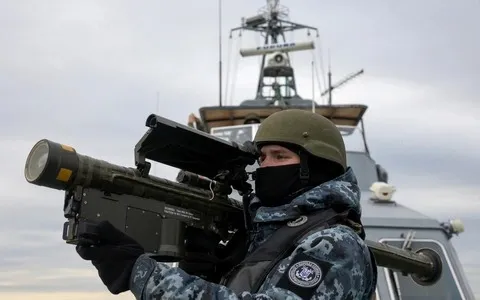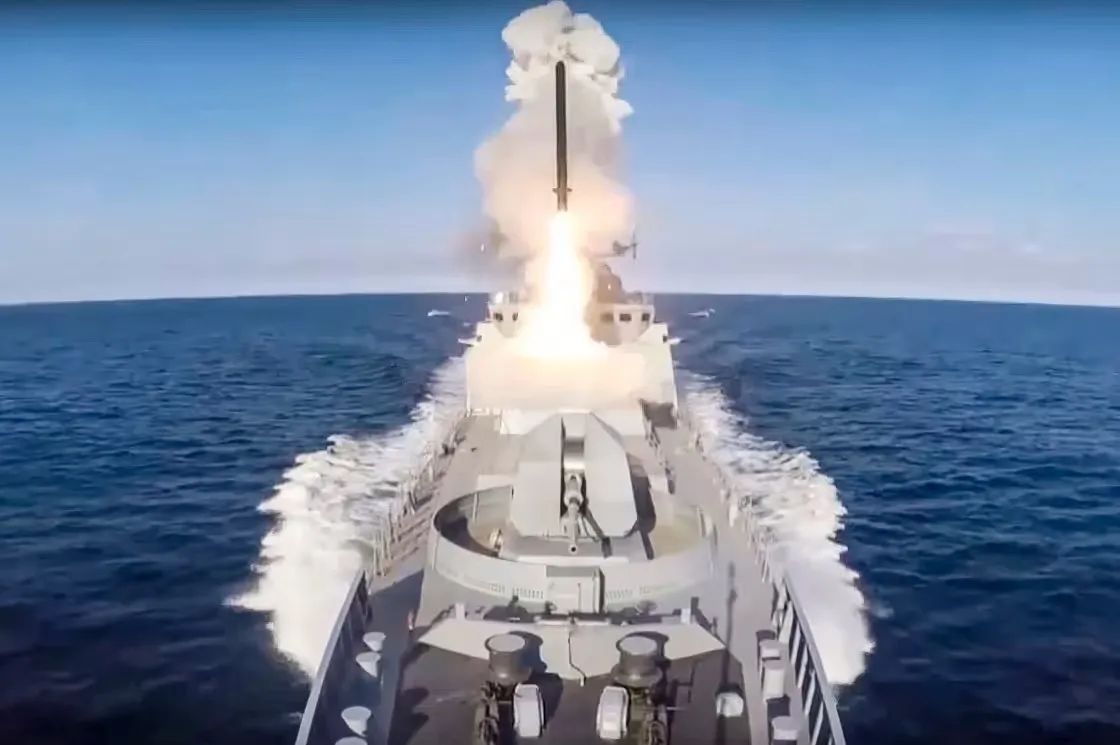On March 27, 2025, the White House announced a U.S.-brokered ceasefire agreement in the Black Sea between Russia and Ukraine, touting it as a step toward ending conflict in Eastern Europe. However, Western analysts are sounding the alarm, labeling the deal a “Kremlin wishlist” that heavily favors Russia and threatens to unravel years of sanctions. Negotiated in secret with delegations in Saudi Arabia, the terms have sparked outrage for prioritizing Moscow’s interests over Ukraine’s, raising questions about President Donald Trump’s concessions to Vladimir Putin. Here’s what this controversial agreement means for global security.
A Deal Skewed Toward Russia
The Black Sea, a strategic waterway bordering Ukraine, Russia, and NATO ally Turkey, has been a flashpoint in the ongoing war. The White House claims the ceasefire will halt attacks on energy infrastructure, potentially sparing Ukraine’s civilian grid from Russian drone strikes. Yet, Ukrainian officials argue it disproportionately benefits Russia by curbing Kyiv’s retaliatory strikes on Kremlin oil refineries. “These are real gifts to Russia,” said Oleksii Tsymbalyuk, a Ukrainian sergeant, doubting Moscow’s commitment to halting its assaults.

Even more alarming, the U.S. statement on Russia promises to “restore global market access” for its agricultural and fertilizer exports—a move analysts say punches a hole through existing sanctions. Phillips O’Brien, a professor at the University of St. Andrews, warned on Substack that this could allow Russian firms to bypass restrictions under the guise of “agricultural” trade, bolstering Moscow’s war economy. Russia’s Black Sea Fleet, battered by Ukrainian drones, also stands to gain breathing room, further tilting the scales.
Analysts Slam Trump’s ‘Capitulation’
Western experts see the deal as another instance of Trump bending to Putin’s will. James Nixey of Chatham House in London accused the U.S. of abandoning its role as an honest broker, saying, “Washington wants normalization with Russia at Ukraine’s expense.” Chess grandmaster-turned-activist Garry Kasparov echoed this on X, blasting Trump for handing Putin “everything he wants” while offering “nothing for Ukraine or the U.S.” Critics point to Russia’s battlefield gains and Trump’s perceived leniency as reasons Moscow had little incentive to compromise.
The White House has yet to respond to these critiques, but Trump defended the deal on Newsmax, suggesting both sides want resolution. “I think Russia wants it over. Zelenskyy too,” he said, hinting at tactical delays by Putin but framing the talks as progress.
Conflicting Signals and Sanctions at Risk
Details remain murky, with the Kremlin and White House offering clashing narratives. Moscow insists the ceasefire hinges on lifting sanctions, including reconnecting Russia to the SWIFT financial system—a demand Trump’s team is “reviewing.” Such concessions, imposed after Putin’s 2022 invasion, would require European approval, which is far from guaranteed given the EU’s staunch anti-Russia stance. Ian Bond of the Centre for European Reform warned on Bluesky that Europe must resist this “U.S./Russia scam,” which could weaken Ukraine and European security.
Ukrainian President Volodymyr Zelenskyy, while announcing the ceasefire’s immediate effect, expressed deep skepticism. “We don’t trust Russia,” he said, vowing to seek more U.S. weapons and sanctions if Moscow reneges. Evidence of Russian airstrikes post-March 18—despite Kremlin claims—fuels doubts about compliance.
Global Security Implications
The agreement risks destabilizing the fragile balance in Eastern Europe. By easing pressure on Russia, it could embolden Putin’s aggression while sidelining Ukraine’s defensive gains. NATO allies like Turkey, reliant on Black Sea stability, may also bristle at the U.S.’s unilateral approach. Analysts fear a broader rift between Washington and Europe, with the latter unlikely to soften sanctions without ironclad assurances—assurances Russia has yet to provide.
Trump’s push for a quick win aligns with his campaign pledge to end the war swiftly, but critics argue it sacrifices long-term strategy for short-term optics. Dmitry Peskov, Kremlin spokesperson, praised the “constructive” dialogue with the U.S., hinting at Moscow’s satisfaction with the trajectory.
Conclusion
Trump’s Black Sea ceasefire deal has ignited fierce debate, with analysts decrying it as a lopsided victory for Russia that undermines sanctions and Ukraine’s resilience. As terms remain fluid and trust in Russia wavers, the agreement teeters on the edge of collapse—or escalation. Will it hold, or will it prove a costly misstep for global security? The world watches as tensions simmer in this strategic hotspot.





